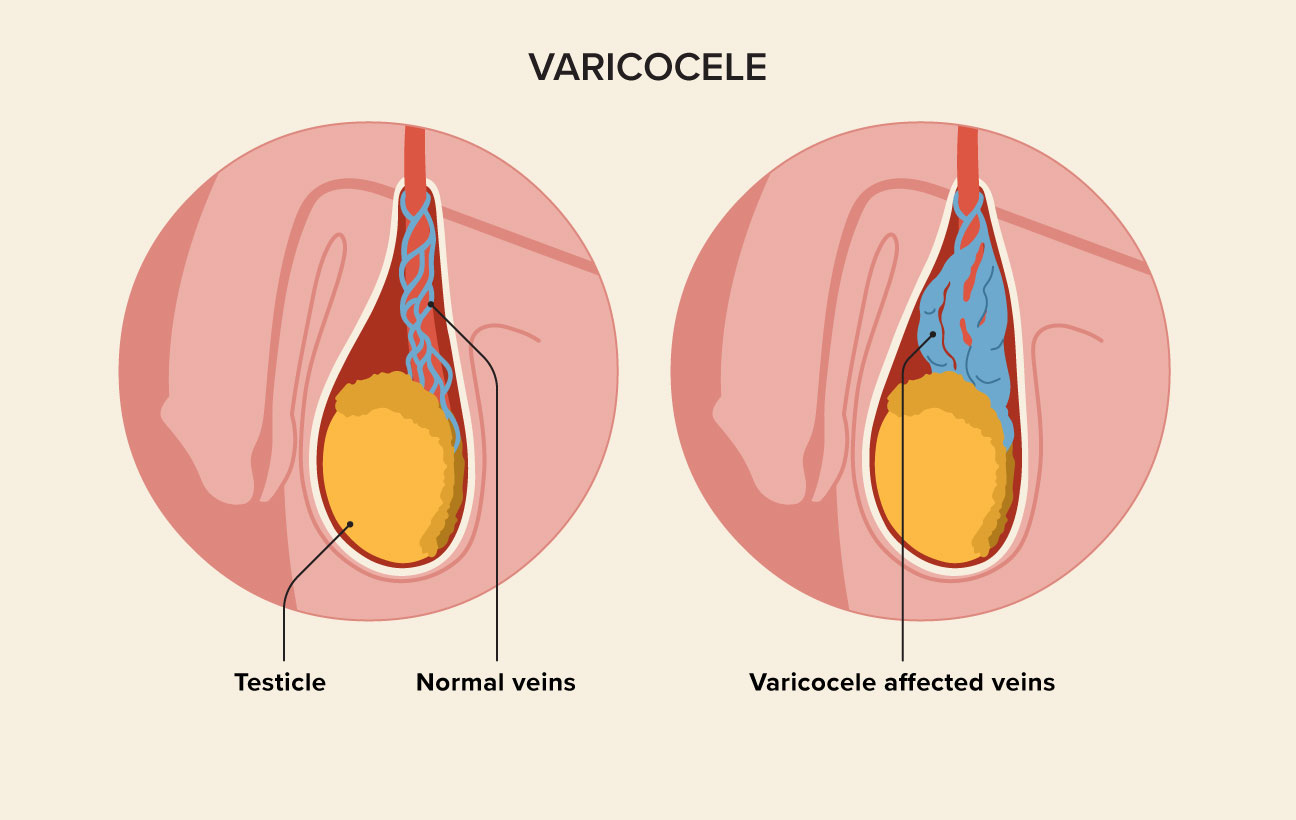
A Comprehensive Guide to Managing Varicocele with the Flowcare Varicocele Diet
Varicocele is a condition characterized by the enlargement of veins within the scrotum, similar to varicose veins that can occur in the legs. It can lead to discomfort, pain, and even infertility in some men. Managing varicocele often involves a combination of medical treatment and lifestyle changes, including a specific diet designed to alleviate symptoms and improve overall vascular health. The Flowcare Varicocele Diet is tailored to help manage this condition effectively.
Understanding Varicocele and Its Implications
Varicocele occurs when the valves inside the veins in the spermatic cord, which are supposed to keep blood flowing in the right direction, fail to work properly. This results in blood pooling in the veins, causing them to enlarge. The condition is common and can be found in about 15% of adult men and around 20% of adolescent males. Although varicocele is usually harmless, it can sometimes lead to problems such as reduced sperm production and quality, which can result in infertility.
The Role of Diet in Managing Varicocele
A balanced diet plays a crucial role in managing varicocele by improving blood flow, reducing inflammation, and promoting overall vascular health. The Flowcare Varicocele Diet focuses on nutrient-rich foods that support vein health and reduce symptoms associated with varicocele. Here are the key components of the Flowcare Varicocele Diet:
Antioxidant-Rich Foods
Antioxidants help combat oxidative stress and inflammation, both of which can exacerbate varicocele symptoms. Foods rich in antioxidants, such as berries (blueberries, strawberries, raspberries), leafy greens (spinach, kale), and nuts (almonds, walnuts), should be incorporated into your daily diet. These foods help protect the veins and improve overall vascular function.
Fiber-Rich Foods
A diet high in fiber helps maintain a healthy digestive system and prevents constipation, which can increase pressure on the veins and worsen varicocele symptoms. Whole grains (oats, quinoa, brown rice), fruits (apples, pears, oranges), and vegetables (broccoli, carrots, sweet potatoes) are excellent sources of fiber. Including these foods in your diet can help reduce the strain on your veins.
Hydration
Staying well-hydrated is essential for maintaining healthy blood flow and reducing the risk of blood pooling in the veins. Drinking plenty of water throughout the day is crucial. Additionally, incorporating hydrating foods such as cucumbers, watermelon, and citrus fruits can further support proper hydration and vascular health.
Healthy Fats
Healthy fats, such as omega-3 fatty acids, are known for their anti-inflammatory properties and their ability to improve blood flow. Foods like fatty fish (salmon, mackerel, sardines), flaxseeds, chia seeds, and walnuts are rich in omega-3s. Including these healthy fats in your diet can help reduce inflammation and improve vein health.
Vitamin C and Bioflavonoids
Vitamin C is essential for collagen production, which is vital for maintaining the strength and elasticity of blood vessels. Citrus fruits (oranges, lemons, grapefruits), bell peppers, and strawberries are excellent sources of vitamin C. Bioflavonoids, found in foods like dark chocolate, green tea, and citrus fruits, work synergistically with vitamin C to enhance its benefits for vascular health.
Zinc-Rich Foods
Zinc is important for immune function and tissue repair, making it beneficial for managing varicocele. Foods high in zinc, such as oysters, pumpkin seeds, lentils, and chickpeas, should be included in the Flowcare Varicocele Diet. Adequate zinc intake supports the body’s ability to repair and maintain healthy blood vessels.
Avoiding Processed Foods and Excess Salt
Processed foods and those high in salt can contribute to poor circulation and increased blood pressure, both of which can worsen varicocele symptoms. Limiting your intake of processed snacks, fast food, and high-sodium items can help improve vascular health. Instead, focus on whole, natural foods that provide essential nutrients without the added unhealthy components.
Incorporating Herbal Remedies
Certain herbs are known for their benefits in improving vascular health and reducing inflammation. Herbs such as horse chestnut, butcher’s broom, and grape seed extract have been traditionally used to support vein health. Incorporating these herbal remedies into your diet, either through supplements or herbal teas, can complement the Flowcare Varicocele Diet and provide additional support for managing varicocele.
Regular Physical Activity
In addition to dietary changes, regular physical activity is essential for improving blood circulation and overall health. Engaging in moderate exercise, such as walking, swimming, or cycling, can help reduce symptoms of varicocele. Exercise helps promote healthy blood flow, reduces inflammation, and supports overall vascular health.
Stress Management
Chronic stress can negatively impact blood flow and overall health. Incorporating stress management techniques such as yoga, meditation, and deep breathing exercises into your daily routine can help improve your overall well-being and reduce the impact of stress on your varicocele.
Consultation with Healthcare Professionals
While the Flowcare Varicocele Diet can significantly improve symptoms and overall vascular health, it is important to consult with healthcare professionals for a comprehensive treatment plan. A healthcare provider can offer personalized advice and recommend appropriate medical treatments if necessary. Combining dietary changes with professional medical guidance ensures the best possible outcomes in managing varicocele.
Conclusion
Managing varicocele involves a multifaceted approach that includes dietary changes, lifestyle modifications, and medical treatments when necessary. The Flowcare Varicocele Diet emphasizes the importance of nutrient-rich foods, hydration, healthy fats, and the avoidance of processed foods and excess salt. Incorporating antioxidant-rich foods, fiber, vitamin C, bioflavonoids, zinc, and herbal remedies can significantly improve vascular health and reduce varicocele symptoms. Regular physical activity and stress management techniques further support overall well-being and vascular function.
By following the Flowcare Varicocele Diet and making necessary lifestyle adjustments, individuals with varicocele can experience improved symptoms and a better quality of life. Always remember to consult with healthcare professionals to develop a personalized treatment plan that addresses your specific needs and conditions. With the right approach, managing varicocele becomes a manageable and effective process, promoting overall health and well-being.